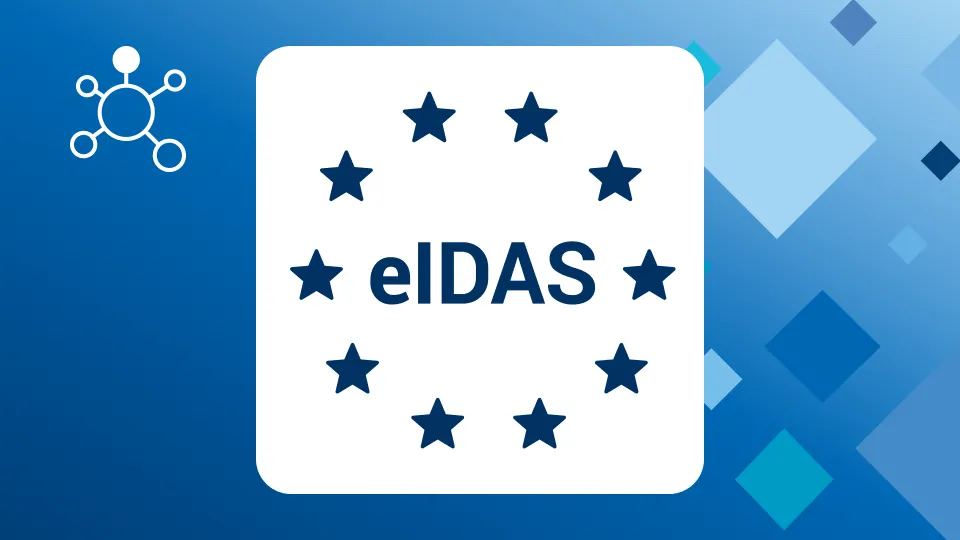Definition: Asymmetric cryptography is a cryptographic system in which each user has a private key that is kept secret and is used to generate a public key (which is freely provided to others). Users can use their private key to digitally sign data, and the resulting signature can be verified by anyone who has the corresponding public key.
Asymmetric Cryptography explained
Asymmetric encryption uses one key - the public key, to encrypt, and a different but mathematically related key - the private key, to decrypt. These keys work as a matched set (or a ‘key pair’). If the only thing known is the public key, determining the private key is computationally impossible. As a result, the public key can be distributed widely while the private key remains private and secure.
This interdependence provides a variety of benefits, the most important of which are most likely digital signatures. Digital signatures are used to ensure that a message was created by a specific entity and to authenticate remote systems or users, among other things.
Private keys are not shared and can be stored in the software or operating system that is used, or on hardware such as a hardware security module (HSM) that provides higher levels of data security and trust.
Asymmetric cryptography is also referred to as public key cryptography.














